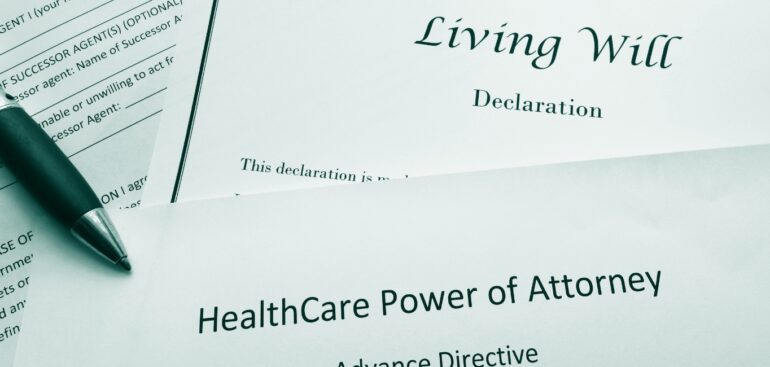Drafting a will is an essential step in estate planning, allowing you to specify how you want your assets to be distributed after your death.
For a will to be legally valid, it must meet certain requirements and withstand potential challenges to its validity. While challenges to the validity of a will are not uncommon, taking proactive steps to address potential vulnerabilities can help safeguard the integrity of the document and ensure that the testator’s wishes are honoured.
Common challenges to will validity
Lack of testamentary capacity
One of the most common challenges is the allegation that the testator (the person making the will) lacked the mental capacity to understand the consequences of their actions at the time the will was made. This may arise if the testator was suffering from dementia, mental illness, or undue influence at the time of execution.
Undue influence
Another challenge is the assertion that the testator was unduly influenced by another person to make certain provisions in their will that are not reflective of their true wishes. This can occur when a person in a position of power or authority over the testator exerts pressure or manipulation to benefit themselves or others.
Forgery or fraud
Wills may also be challenged on the grounds of forgery or fraud if there is evidence to suggest that the testator’s signature or the contents of the will were altered or fabricated without their knowledge or consent.
Improper execution
Wills must be executed in accordance with the formalities prescribed by law to be considered valid. Common issues related to improper execution include the absence of witnesses, failure to sign the will in the presence of witnesses, or failure to meet other formal requirements specified by law.
Solutions to address these challenges
Ensure testamentary capacity
To address challenges related to testamentary capacity, it’s essential for the testator to execute their will when they are of sound mind and understand the nature and consequences of their actions. Seeking the advice of a medical professional or obtaining a capacity assessment can help provide evidence of the testator’s mental capacity at the time of execution.
Document intentions and decision-making process
To mitigate claims of undue influence, it’s important for the testator to document their intentions and decision-making process when drafting their will. Keeping records of discussions with family members or trusted advisors and maintaining independence in decision-making can help demonstrate that the will reflects the testator’s true wishes.
Use professional assistance
Engaging the services of a qualified attorney experienced in estate planning can help ensure that the will is drafted and executed properly, reducing the risk of challenges related to forgery, fraud, or improper execution. An attorney can also provide guidance on potential areas of vulnerability and advise on strategies to address them.
Witnesses and notary public
To ensure proper execution of the will, it’s crucial to have witnesses present at the time of signing who can attest to the testator’s identity and capacity. Additionally, having the will notarised by a notary public can provide an extra layer of authentication and help deter challenges to its validity.
Regular updates and reviews
Finally, regularly reviewing and updating of the will as circumstances change can help ensure that it remains current and reflects the testator’s wishes. This can help prevent challenges based on outdated or incomplete provisions and provide clarity for the beneficiaries.
How we can help you
Contact us if you are not sure whether your existing will is legally valid. If it isn’t, our legal professionals can assist you to ensure that your will is drafted to reflect your wishes regarding the distribution of your assets.

